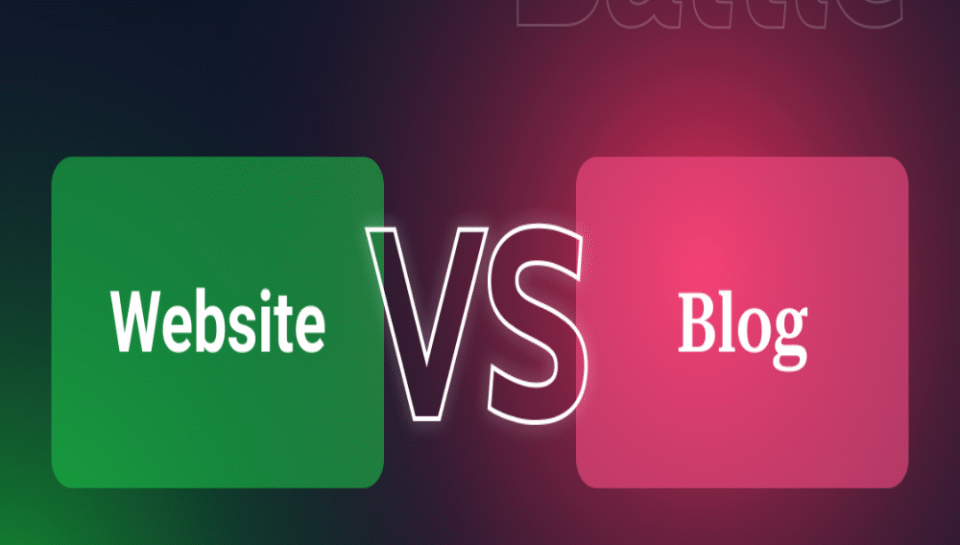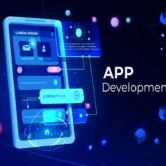
What is the difference between website content and blog content?
Purpose and Function
- Website content is static and focused on informing visitors about products, services, and company information.
- Blog content is dynamic, informative, and often used to educate, entertain, or address current topics.
- Website content drives conversion; blogs drive engagement and traffic.
- Blogs build thought leadership while website pages establish brand credibility.
- Website content targets transactional intent; blogs often target informational queries.
Tone and Structure
- Website content is typically formal, concise, and action-oriented.
- Blog content can be more conversational, exploratory, and detailed.
- Website copy uses structured CTAs, feature lists, and testimonials.
- Blogs use storytelling, tutorials, Q&As, and narrative formats.
- Website tone is brand-driven; blogs are often value- or topic-driven.
Update Frequency
- Website content is updated occasionally for accuracy, pricing, or branding.
- Blogs are updated regularly to maintain relevance, SEO, and user interest.
- Blogs can be seasonal or topical; website pages remain evergreen.
- Updates to website content happen during redesigns or rebranding.
- Blogs evolve to reflect user trends, industry news, or search demand.
Role in SEO
- Website pages target transactional or commercial keywords (e.g., “Buy running shoes”).
- Blogs target informational keywords (e.g., “Best shoes for Indian monsoon”).
- Website content ranks for product/service-specific terms.
- Blogs bring in long-tail traffic and answer frequently searched questions.
- Both types complement each other in a holistic SEO strategy.
Content Depth and Length
- Website content is usually concise and designed for scanning.
- Blogs are longer, detailed, and often exceed 1000–1500 words.
- Website content highlights value propositions quickly.
- Blogs allow space to explain, compare, and elaborate.
- Website copy focuses on clarity; blogs focus on depth and engagement.





